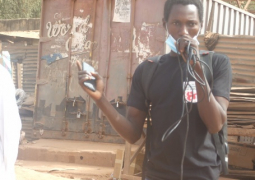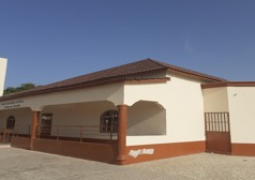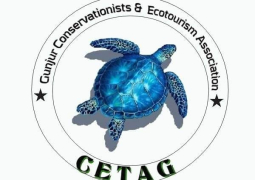
The training was funded by Water Aid UK and Sanitation & Water for All (SWA) Network. The forum is aimed at building the capacity of media practitioners and members of CSOs on Water Resource Management (WRM), Water Sanitation and Hygiene (WASH), data research, organization lobby and Advocacy strategy and policy influencing.
In his opening statement, Joe Bongay, executive director for YVE, said water is a key determinant of health, food, education and energy and a condition to an adequate standard of living.
He explained that water is key to all sustainable development goals and must be now recognised and regard as such.
“Our partnership focuses on the hardest to reach and most vulnerable individuals, communities, countries and regions, and puts women and girls at the center, not just as passive recipients, but as dynamic agents of change.” he noted.
He indicated that SWA works by harnessing the collective power of its partners, to support government-led, multi-stakeholder action at national, regional, and global levels.
According to the international convention on human rights, the state is now the acknowledged duty-bearer; responsible for ensuring access to water and sanitation for all.
However, Bongay argued that YVE- Gambia Chapter and its working partners, all know that for everyone everywhere to have water, sanitation and hygiene (WASH) services for good, people must feel empowered to hold leaders to account.
Governments, he added, must also feel responsible for realising their citizens’ human rights.
“Our mission as members of the SWA partnership is to eliminate inequalities in realising the human rights to water and sanitation,” he said.
In conclusion, he said the advocacy could only be attained by raising political will, ensuring good governance, and helping to optimise financing.
Hon. Kebba K. Barrow, majority leader and member for Kombo South, said climate change has directly impacted water resources and water services for all economic, social and environmental functions that water supports, saying the impacts reach many sectoral interests such as health, tourism, agriculture and industry.
“Water-related climate risks arise from too much water, too little water or polluted water,” he noted.
The lawmaker further said as the global water cycle has been directly affected by climate change, people’s access to safe water, sanitation and hygiene solutions can be significantly affected by extreme events such as floods and droughts, as well as growing water scarcity.
Dr. Buba Manjang, from the Ministry of Health, said social accountability for a WASH secure future is essential to building and sustaining the political will to eliminate inequalities in WASH while equally championing the multi- stakeholder approaches towards achieving universal access in the effective delivery of WASH.
“For good accountability in WASH projects and operations, politicians, policy-makers and WASH service providers must accept responsibility for their actions; give an account of why and how they have acted or failed to act,” he said.




